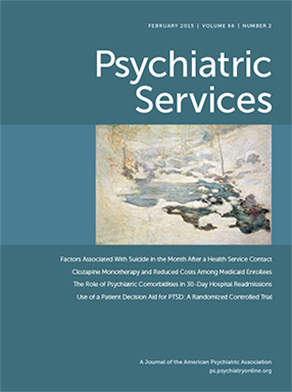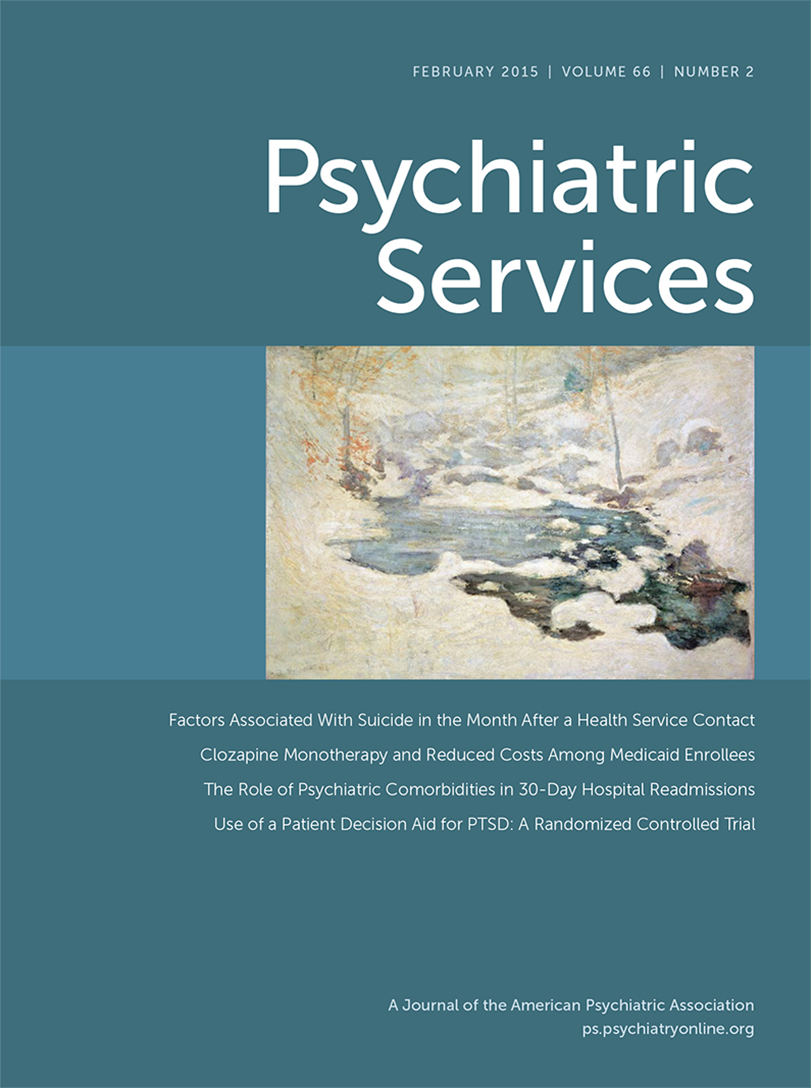To the Editor: We are happy to respond to Dr. Deegan’s commentary on our Open Forum published in the December issue (
1,
2). First, we want to take the opportunity to clarify some potential misunderstandings regarding SDM-PLUS. As outlined by Dr. Deegan, we proposed three prototypical decision situations. We, however, did not suggest that in “best-choice decisions,” the decision should be made by professionals. Rather, we acknowledged the fact that many clinicians have a clear-cut treatment preference in such decisions (for example, the option that is more evidence based). Therefore, we proposed ways to promote patient involvement in decisions in which classical shared decision making (SDM) is regularly not implemented. Contrary to Dr. Deegan’s view and in line with the literature cited by her (
2), we see adapting tools from “behavior change support interventions, such as motivational interviewing” and other communication and negotiation models, to SDM as a prospective and synergistic approach.
In accordance with Dr. Deegan, we would prefer directly adopting SDM in mental health care by providing onsite training, making decision support tools available, and creating financial incentives. However, we are skeptical for three reasons that this strategy alone will be sufficient. First, there is clear consensus in the literature that SDM faces at least two major barriers from the psychiatrists’ side: a “blind spot phenomenon” because many psychiatrists believe that they already apply SDM regularly, whereas they clearly do not; and a strong reluctance to give SDM a try in “critical” situations (
4,
5). In our view, it is not possible to overcome the latter barrier (or either barrier) by simply insisting on the implementation of classical SDM or by introducing decision support tools.
Second, we have extensive experience with onsite teaching of classical SDM (in more than 80 German psychiatric hospitals) and with implementation of decision support tools. However, psychiatrists that we trained in classical SDM frequently made comments such as “SDM is what we already do, unless it is about critical decisions.” Decision aids are perceived as helpful, but the few existing aids are either not used or not really applicable to “critical” situations. Anecdotally, we can report that psychiatrists warmly welcome the introduction of SDM-PLUS as a practical platform from which to venture away from paternalism, even in critical situations.
Finally, we are both clinically working psychiatrists, and we acknowledge the permanent risk of switching to paternalistic behavior. Taking this into account, treatment teams are in need of implementable techniques for managing critical situations and safeguarding patient involvement by avoiding paternalistic patterns. Reimbursement for using these techniques (including decision support tools) in routine clinical practice would boost uptake of SDM.
SDM-PLUS is clearly not a substitute for classical SDM. It simply closes the gap between classical SDM and the sole current alternative to it—paternalism. Moreover SDM-PLUS may boost implementation of classical SDM because it will prepare the ground for constructive negotiations even with “difficult” patients.

